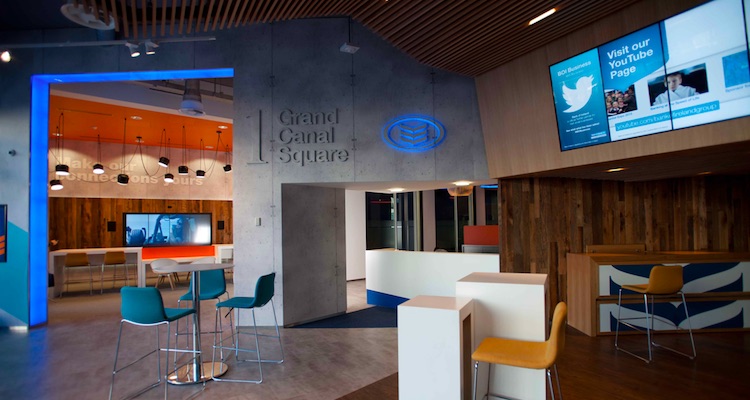‘The biggest challenge is the distraction over disruption’: FIS chief product officer Rob Lee
Inside Bank of Ireland’s New York innovation hub
Why insurance technology startups are going to Des Moines
Inside the fintech accelerator program in Little Rock
Powering the next generation of financial apps — with Yodlee’s Joe Polverari
Yodlee’s been aggregating financial information and data for 11 years now, powering some of our favorite financial apps.
Now, the firm is getting aggressive about enabling the next generation of fintech apps and platforms.
Chief Strategy Officer, Joe Polverari joins me on Tradestreaming Radio to discuss Yodlee’s new incubator/accelerator program and the resources the firm is committing to financial services startups.
Listen to the FULL Episode
Continue reading “Powering the next generation of financial apps — with Yodlee’s Joe Polverari”













